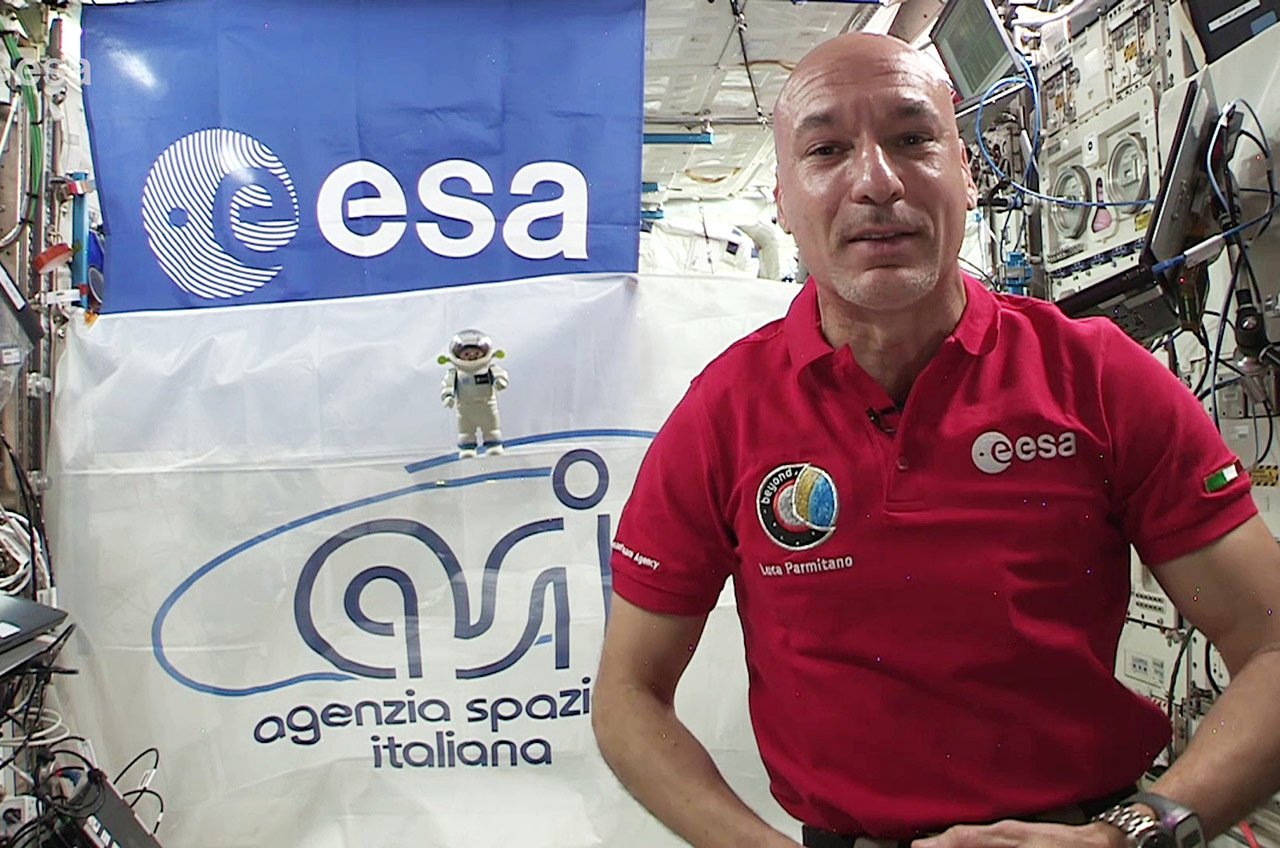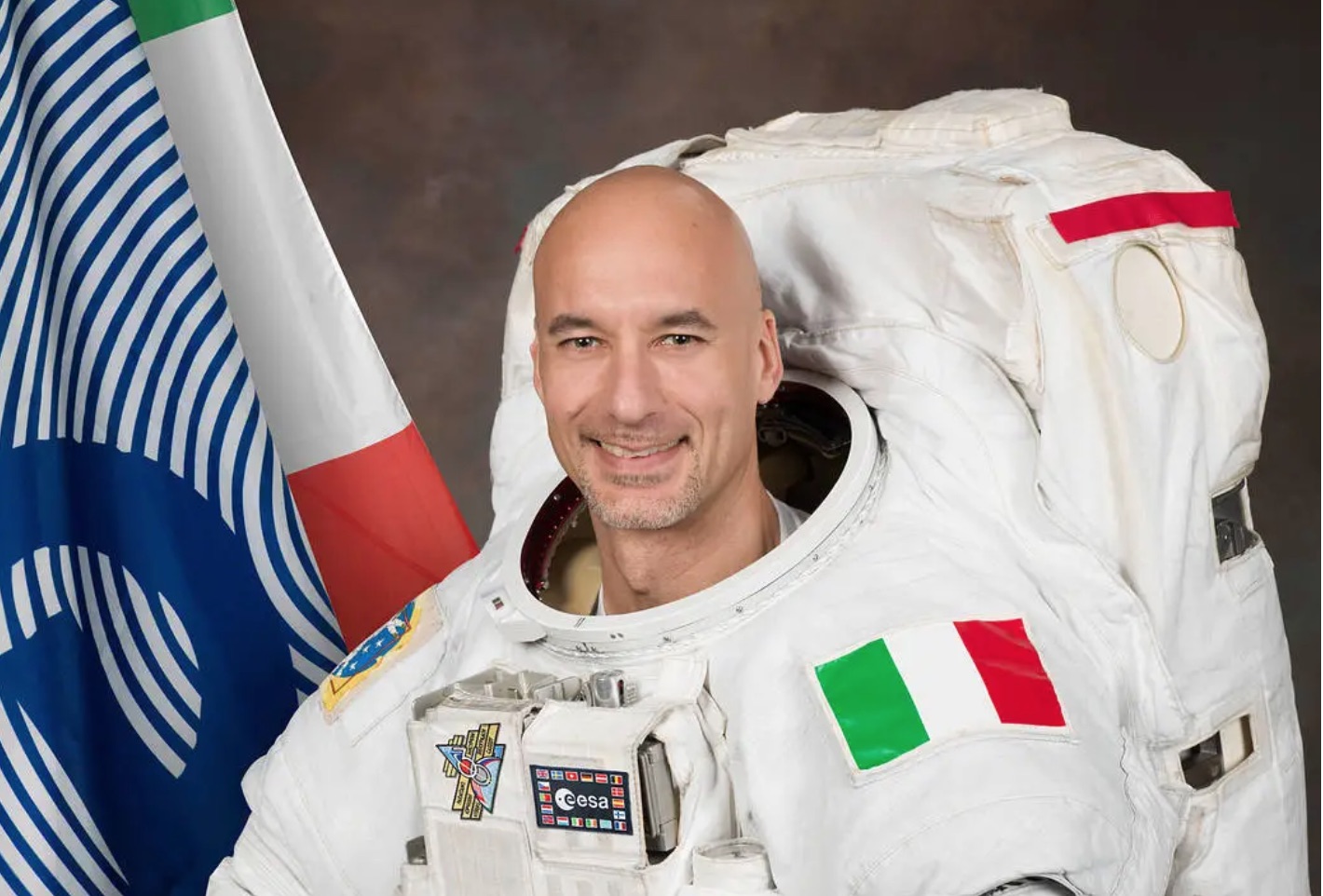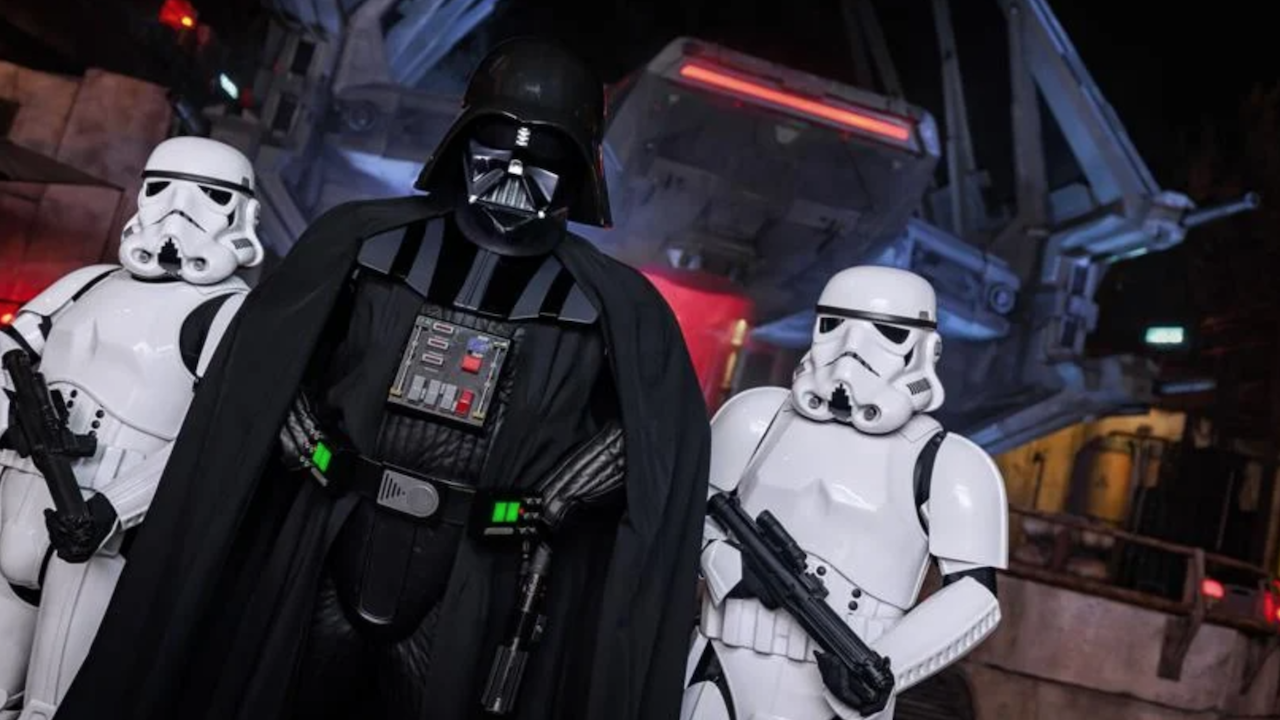Astronaut Luca Parmitano on NASA's return to the moon: 'It's no longer a dream' (exclusive)
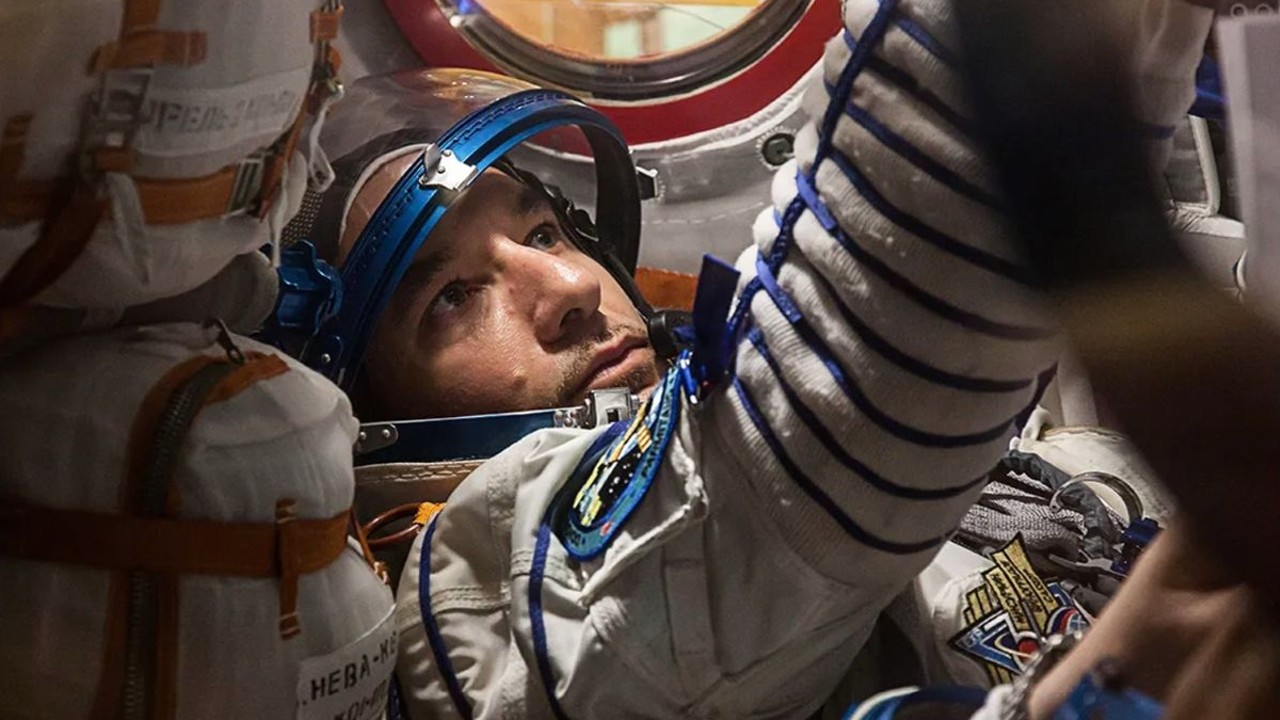
Helping to inject enthusiastic support for the Italian space industry, distinguished European Space Agency (ESA) astronaut Luca Parmitano recently appeared as the keynote speaker at the "Space It Up" conference in Houston, Texas to promote six innovative startups from his homeland entering the global space economy.
Parmitano is one of Italy's most experienced test pilot/astronauts in ESA's European Astronaut Corps, having flown into outer space twice since being chosen to their ranks in 2009. These missions included one harrowing spacewalk in 2013 where his helmet flooded with water due to a clogged filter on Expedition 36/37, becoming the first Italian to command the International Space Station on Expedition 60/61 in 2019, and being featured in the riveting Disney+ science docuseries, "Among the Stars."
That 6-part series first aired in 2021 and chronicled Parmitano and his colleagues' time aboard the International Space Station for a number of spacewalks to conduct thermal repairs on the Alpha Magnetic Spectrometer (AMS), a $2 billion dark matter and cosmic ray detector.
Related: No Place Like Home: Astronaut Luca Parmitano Reminds Us How 'Precious' Earth Is
Space.com spoke with Parmitano regarding the state of new Italian aerospace firms, impressions on NASA's upcoming Artemis program moon missions, and close associations with the chosen astronauts slated to walk on the moon for the first time since 1972.
Space.com: What was your role at "Space it Up," the pioneering initiative by the Italian Trade Agency and Italian Space Agency to shine a light on Italy's aerospace prospects?
Luca Parmitano: Space is my business, but I'm not a businessman. I'm an operator. I don’t know a lot about how a business works or making money. My original degree is in political sciences. I got an invitation from the Italian Trade Agency to give some words to young Italian entrepreneurs that work in the space industry. The reason it's important to me is because I always talk to the younger generations. They are the most important targets for any speech you give because they are the future. I didn't delve too much into what their ideas were but they have a desire to explore the realm of business opportunities the same way an astronaut explores the realm of human capabilities. Experience is really the only thing I can give them.
Breaking space news, the latest updates on rocket launches, skywatching events and more!
I had the unique opportunity to be the space station commander and in my role I had to deal with a peculiar type of leadership, which is when you’re taking care of a crew of excellence. And there's a parallel with this new kind of startup, when the CEO, the one with the original idea, is leading a team of people that all excel in their individual roles. Excellence at the technical level, the business level, and the development level. So I shared that experience with them and lessons learned from what is was like to lead a group of extremely talented people.
Space.com: Where does Italy currently stand with its long history in space and its future prospects working with the ESA and NASA communities?
LP: Italy has been in the space industry from the beginning. It's one of our proudest moments when we think about the fact that we were the third or fourth country in the world to launch our own satellite. However, our business models are very traditional. The idea a startup is relatively new in general and extremely new in Italy and basically non-existent in the space industry. But we've seen other smaller countries using non-traditional ways of creating business.
For Italy, this is all new and the focus on the space aspect of startups is a sign the new space economy is picking up momentum. I was glad to see their idea were all different. Human space flight is not about making money, but overall there are a lot of places for business to develop and thrive.
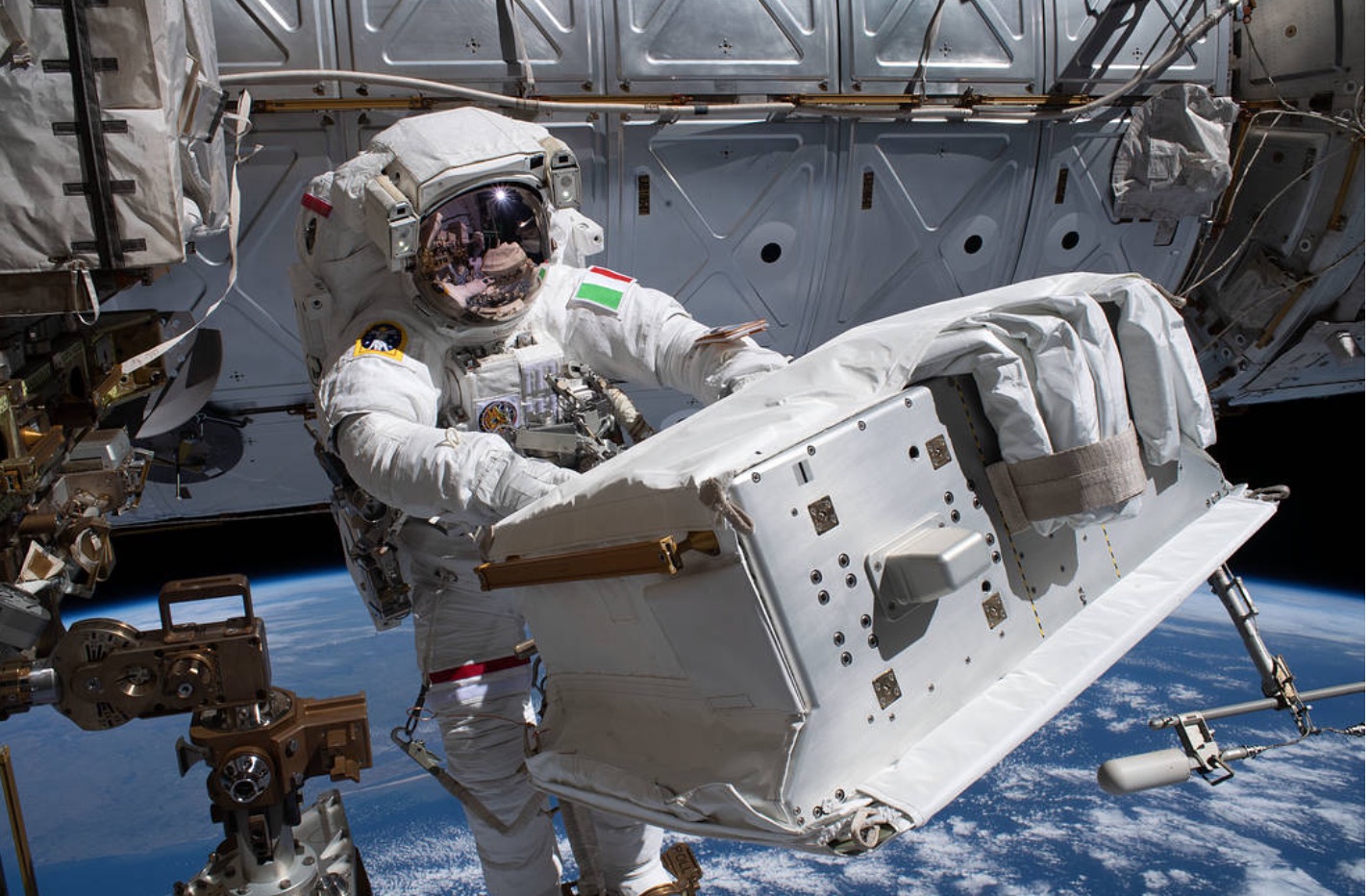
Space.com: Looking towards future space programs around the world, what missions are you most excited to see unfold?
LP: I'm excited about Artemis 2. It's no longer a dream. My friends and colleagues are going to fly back to the moon. They won't land, that's beyond the scope of the mission. It's to test the beautiful spacecraft that will take humanity back to the moon eventually. Reid Wiseman, the commander, is my classmate. We trained together in Russia because he was the pilot of the Soyuz that flew a year after mine.
Jeremy Hansen is a Canadian test pilot, also from the 2009 class, and this will be his first flight. I've worked extensively with Jeremy because he was capcom [an astronaut on Earth who communicates with astronauts in space on behalf of mission controllers] during my four spacewalks for AMS. It's a lot of integrated work and he was working on the tools and procedures and we acted as a team to make sure those AMS spacewalks were successful and they were. He has the stature of a flown astronaut because of his incredible work ethic and capabilities.
Victor Glover, the Artemis 2 pilot, is not from my class but we've worked together a lot. We were in the same class at test pilot school. Different schools but the same graduating year and we clicked immediately. We've been good friends ever since and '’m extremely proud of him.
Last but not least is Christina Koch. She’s the only engineer on the Artemis flight but she was also my flight engineer while I was the space station commander. So we spent six months together on the ISS and she came back with me on my Soyuz after 340 days. I know her really well and I’m very proud to have her on that flight.
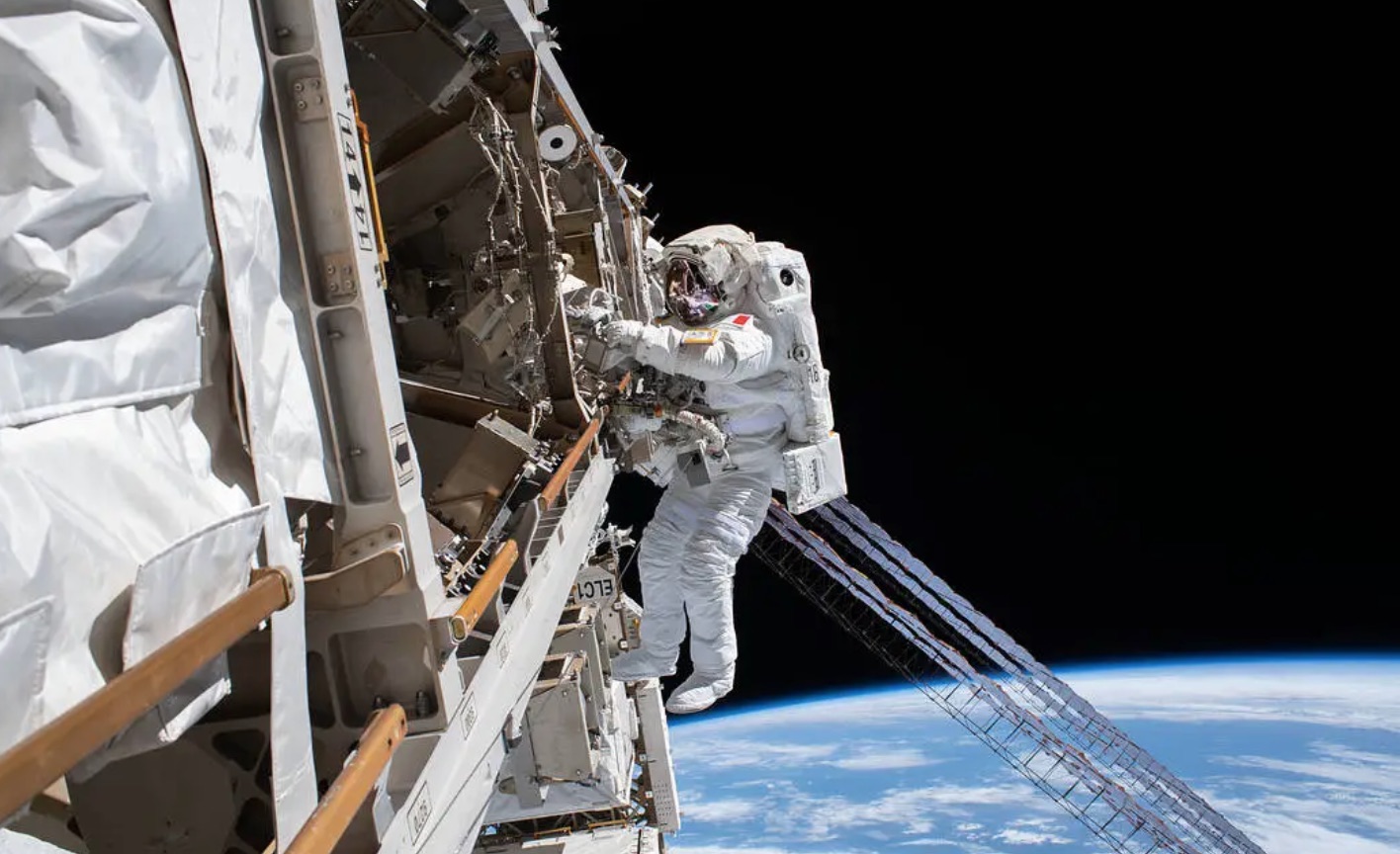
LP: Very long term, I'd love to see our technology give us a chance to go beyond our Earth-moon system and push forward to Mars. It's in the realm of possibilities but it's tough. Humans are not very good at understanding dimensions and orders of magnitude. The distances and the complexities are exponentially higher going to Mars when compared to the moon, so it's only fair that the time and investment it takes to achieve these steps is exponentially longer.
Space.com: This year is the 40th anniversary of director Philip Kaufman's "The Right Stuff" that chronicles NASA's early days and the Mercury program. Did that classic film have an effect on your decision to become an astronaut?
LP: I love the movie and I've seen it enough times to know some of my favorite scenes and characters. I was really upset when Sam Shepard passed away, the guy who portrays Chuck Yeager in the film. I was as upset as if one of my test pilot friends had passed away. That's how much life he gave to that character in his interpretation. I actually think the character in the movie is a lot cooler than the real Chuck Yeager. Just the attitude and way he portrays it.
It's almost impossible to describe how test pilots feel about the movie. And it's not just me, it's any test pilot. That's who we dream to be. Trying new machines and putting a smile to any complex difficulty then shrug it off as just another flight. And the struggles with our families and our kids and our way of life and personalities. It hits close to home in a way that's bittersweet. At the same time you can't help but love those characters and their approach and bigger than life way of doing things. Test pilots' discipline has changed a lot from those days, but even today if you're a cowboy you still watch John Wayne movies and dream of being John Wayne.
For those of us who went on to being astronauts, that movie is at the same time an inspiration and fun thing to look back on and see how things have changed, and sometimes to see how things have not changed. All of the banter, the call signs, the shenanigans, they're just the same. In the end we're still the same bunch of guys who want to do something that people would say is impossible. People like me we respond, "Well, let's see about that."
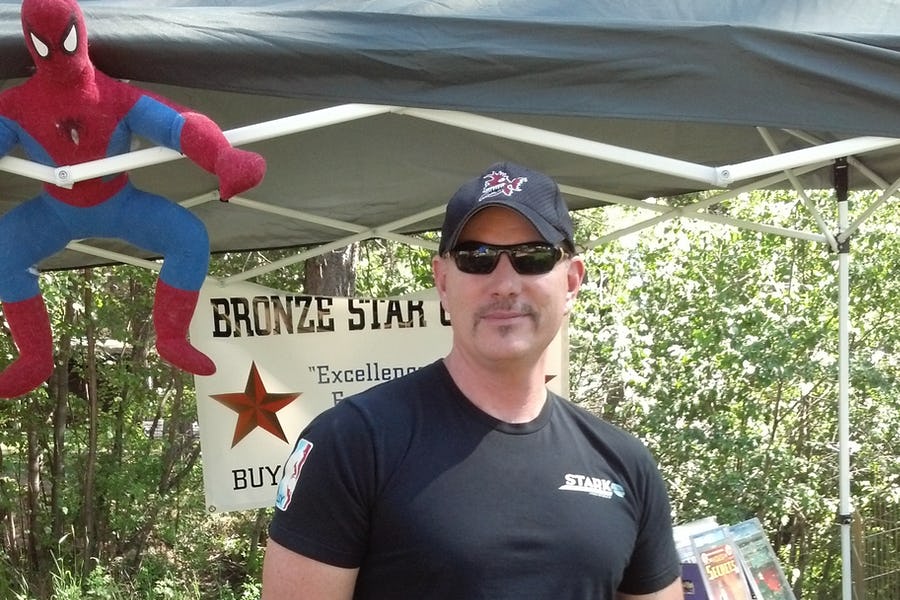
Jeff Spry is an award-winning screenwriter and veteran freelance journalist covering TV, movies, video games, books, and comics. His work has appeared at SYFY Wire, Inverse, Collider, Bleeding Cool and elsewhere. Jeff lives in beautiful Bend, Oregon amid the ponderosa pines, classic muscle cars, a crypt of collector horror comics, and two loyal English Setters.
